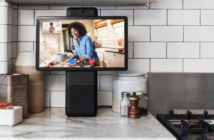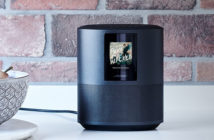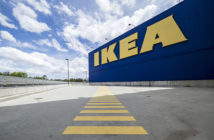A recent survey by Metova has found that over 90% of consumers in the USA now own a smart home device, despite widespread concerns about privacy.
Metova, a company focused on creating solutions for the connected home and Internet of Things, recently commissioned a survey into consumer adoption patterns of smart home devices in the USA.
Here’s what they found:
- Over 90% of consumers in the USA own a smart home device
- Almost 70% already have a smart home system like Alexa in play
- 58% of the people that own smart home devices have varying concerns about how they might affect their privacy
- 74% think that smart home devices are ‘the wave of the future’
- 30% of consumers without a smart home system are planning to purchase one within a year
The survey spoke to 1,000 consumers in the USA across a range of demographics and locations.
Despite the relatively small sample size, the findings correlate with similar surveys and reports.
A GfK study in March of this year showed that 58% of consumers within the USA considered the smart home concept as ‘likely to change their lives in the next few years‘.
Here’s what a complete smart home might look like in the future:
Consumer adoption of smart home devices is particularly pronounced in the millennial generation. The same GfK report found that 64% of this age group, between 25 to 34 years, owned at least one smart home device and 27% of them actually owned more than three.
But like the Metova survey, millennials studied by GfK shared fears regarding data security, with 74% of respondents saying that they would be more likely to fully adopt smart home and Internet of Things technology if they could be sure about how their data will be treated and protected.
One particular smart home technology that many households are likely to be tempted to buy are homebots. Not only do they offer a high level of convenience, but could also reassure those consumers concerned about security and privacy.
These robots will be able to manage large groups of smart home devices, and will serve as the singular point of access and control of them. As Forbes says, this singular access will offer more security in the same way that password management systems are more secure than you manually storing passwords in your memory.
It’s clear that when it comes to smart homes, the number one barrier to widespread adoption are fears regarding privacy and security.
Once manufacturers can provide solutions to these fears that are satisfactory to their customers, they’re likely to finally meet their world-changing potential.
Do you own a smart home device yet?




